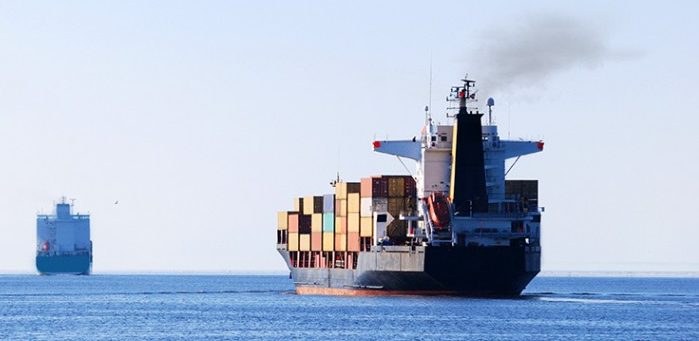Ahead of the 2020 sulphur cap, Transparency International said that the IMO should give the new working group a remit that allows it to effectively increase public scrutiny and civil society participation. The NGO is also worried that some of the Member States could obstruct IMO’s reform.
Transparency International found a number of flaws in the IMO’s governance, including a disproportionate influence of private industry and an unequal influence of some Member States in the policy making process.
[smlsubform prepend=”GET THE SAFETY4SEA IN YOUR INBOX!” showname=false emailtxt=”” emailholder=”Enter your email address” showsubmit=true submittxt=”Submit” jsthanks=false thankyou=”Thank you for subscribing to our mailing list”]
Especially after a report of the NGO, the IMO created a working group to reform the governance of the agency, which regulates global shipping and plays an important role in combating climate change caused by GHG emissions.
However, Transparency International is worried that the UK, Cook Islands, Marshall Islands, Panama, United Arab Emirates and United States could raise obstacles at the reform of the IMO.
In fact, Transparency International noted that these countries signed and submitted an official document to the IMO warning that “further expansion of access to information could lead to outside influence”.
The report also indicated lack of delegate accountability, with the public often not being able to find out their national delegation’s position in debates and negotiations.
Speaking on the occasion, Rueben Lifuka, vice-chair of Transparency International, mentioned:
Unfortunately the International Maritime Organization is far too susceptible to disproportionate influence from private interests and certain Member States, meaning that there could be obstacles to meeting the targets for emissions reduction set earlier this year.
For this reason, the NGO wants the IMO to move towards ‘a more open and transparent way of operating’. This will provide more opportunities for public scrutiny and civil society engagement.






























































